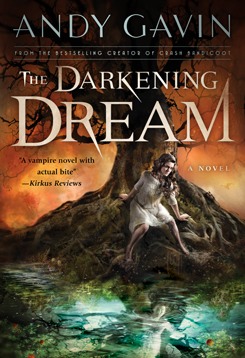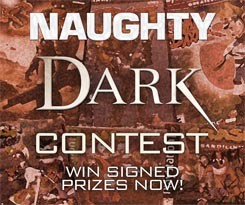 Title: Game of Thrones
Title: Game of Thrones
Genre: Historical Fantasy
Watched: Episode 8 – June 30, 2011
Status: First Season now airing on HBO
Summary: Oh boy, it’s coming
I had to delay watching the last three episodes of the show for a month while suffering on vacation in Italy (travel log here). Even after being up for 36 hours I binged through two of the three after unpacking.
Episode 8, “The Pointy End.” The last third of the season, or even last half, is all about grinding out the consequences of positions and choices made in the first half. Many of these lead to additional hasty decisions that will also have repercussions. Also it is worth noting that this episode is actually penned by George R. R. Martin himself, which is fitting because it’s one where the character arcs are really pivoting.
One of the great things about Martin’s novels are how believable these difficult choices are for the characters. They don’t see the future, aren’t even always aware of all that the reader is, and even more importantly, are filtered through their own biases and priorities.
We open with the play out of the season’s most central pivot, that Ned’s attempt to show the queen and her children mercy leads to disastrous results for his family and for the realm as a whole. His entire household in King’s Landing is slaughtered, and Sansa is captured. But Arya, training with her “Dancing Master” Syrio is not so undefended. Syiro is a favorite character and he is played delightfully by Miltos Yerolemou in the show. I do think that — like many scenes in this episode — that the production felt a little TV. Syiro holds off about five Lanister guards with a wood training sword, which is bad ass, but the choreography could have used just a little more punch. There just wasn’t enough zing to his movements. Still he kicks butt and his final line, “And what do we say to the god of death?” -> “Not today” is awesome. Similarly Arya’s all important stabbing of the stable boy felt a little flabby. Or maybe it was just by mood (very tired).
Ned is briefly visited by Varys in the dungeon, and I do love this portrayal of the spider. Instead of the interior monologue of the novel their conversation is used to expose the central crux of his moral journey: The fact that his mercy (toward Cersei) lead to his downfall, and that he must now chose between family and principles — and they aren’t good choices either way. We also have some wonderful background on Varys.
The news of events in the capital is spreading, linking the separate story-lines together. Jon is forced to cope with his own choices and loyalties between family and duty. We even see a bit of ghost! And then he gets to fight the white walker. This was pretty cool, but again, as I felt with a lot of this episode (but not about Episode 9) lacked a tiny bit of gravitas (not to mention Morment’s raven — boo!). But it’s still important as it really starts to establish his role with the Black Brothers.
In Winterfell Robb must deal with the imprisonment of his father, being forced to become the man he knows he should be. This is well handled, and there is a pretty good sense of him coming into his own. Theon is well set up. In the books he is extremely minor in book 1, but clearly the producers have chosen him as a character to emphasize in seasons 2 and 3. We have a bit of Bran in this part of the arc too. Somehow in the second two thirds of the show Bran feels much more absent than he does in the novels (as there he has all the POV for Winterfell). This brings him back a little, but I would have liked more emphasis on the wolves and the dreams. I’m coming around to Osha a bit though — even if she has crazy hair.
Tyrion and Bronn make their way out of the Vale. Their dialog is first rate as always, and they have their encounter with the mountain men. This too felt a little TV as they just couldn’t show enough men. You see about fifteen, but it really wanted at least 150, a real camp, and more of a sense of ferociousness.
Across the sea Dany is coming down off the high of being promised the world by Drogo to see a bit of the reality of what it really means to be a war leader. The Dothraki are slaughtering the “lamb people” and she tries to put a stop to the rape of some local women. This is a decision that for her will bring momentous change, continuing the theme illustrating the dangers of mercy. We also meet the witch, who looks like some Italian mother from Brooklyn. Like the other big scenes, and many of the Dothraki scenes in the whole show, this little battle felt crimped by the TV budget. Just not large enough or dynamic enough. Drogo’s fight however, defending his manhood and her honor, is pretty awesome. Jason Momoa has some real charisma, and I’m looking forward to the new Conan. He pulls off the very personal manly man-ness (guy-liner and all) to good effect.
The episode concludes softly with the dismissal of Ser Barristan, which is very well handled. You get a real feel for Cersei and this unctuous Joff overextending themselves. Barristan is wonderful too, along with Jaime the only developed member of the Kingsguard.
The plotting and characters of this story are just so good. Everyone is in motion, in conflict all the time, but not just the kind of meaningless Transformers 2 style conflict, but real honest to goodness stuff that tests their fundamental values.
Reviews of previous episodes: [ Episode 1, Episode 2, Episode 3, Episode 4, Episode 5, Episode 6, Episode 7 ]
Or the next Episode 9.
Or find out about my own fantasy novel, The Darkening Dream.



